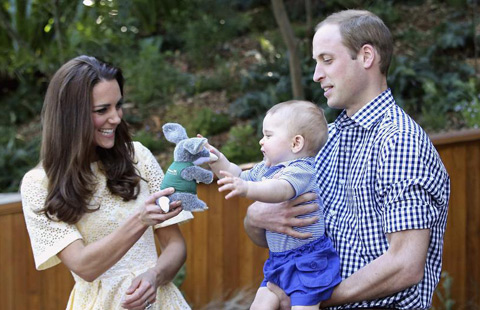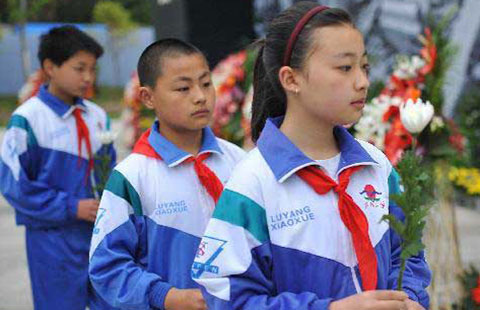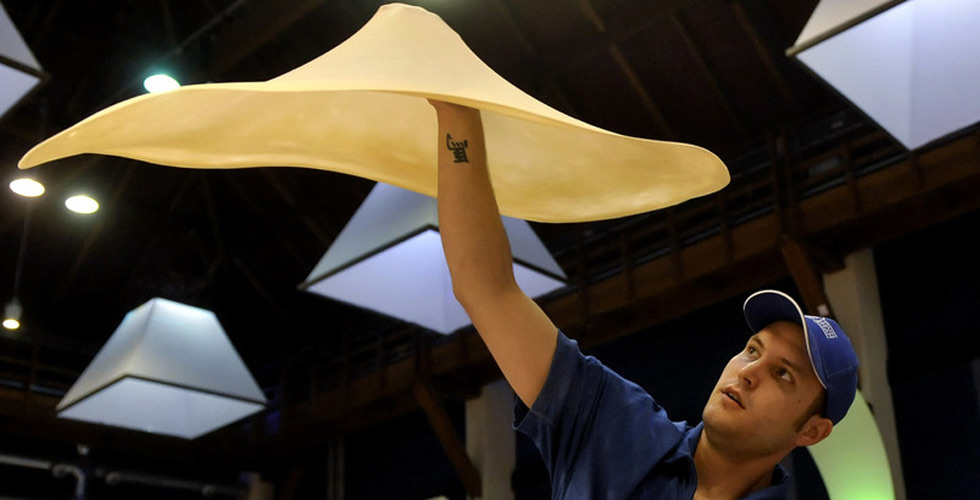Chengdu charms foreign firms, political leaders
Updated: 2014-04-08 10:30
(China Daily)
|
|||||||||||
Fortune magazine Managing Editor Andy Serwer found Chengdu "a dynamic magnet for multinational companies", but the capital of Sichuan province has also had a strong pull on foreign political leaders recently.
In the past three years, five political or opinion leaders have visited Chengdu. It was the last stop on US first lady Michelle Obama's recent seven-day trip to China.
She spent two days in Chengdu, where she gave a talk at the No 7 High School on the importance of education. She also visited the Giant Panda Research Center.
She told students that Chengdu is her favorite of all the cities she visited in China.
Late last year, British Prime Minister David Cameron tasted local tea and famous Sichuan spicy hotpot.
He also visited the thatched hut that was once home to renowned Tang Dynasty (AD 618-907) poet Du Fu.
Cameron said he was impressed by the picturesque landscape and the rapid economic development of the city.
He said he could see the future of western China in Chengdu.
In September 2012, Singapore's Prime Minister Lee Hsien Loong visited a high-tech park co-developed by the governments of Sichuan province and Singapore.
With a planned area of 10.3 sq km and requiring 100 billion yuan ($161.2 billion) in investment, the park will become an innovation hub integrating industry, culture and ecology, said administrators.
Five major industrial projects are already in operation in the park.
In 2011, US Vice President Joe Biden visited some of the city's US-owned companies including the Chengdu operation of Intel Corp, which has had a large manufacturing base in the city for 11 years.
The city's charms also attracted an influx of other global companies.
By the end of 2013, 252 Fortune 500 companies had opened offices in the city as its export and import volume hit $50.6 billion.
As well, Chengdu hosted the Fortune Global Forum and World Chinese Entrepreneurs Convention last year.
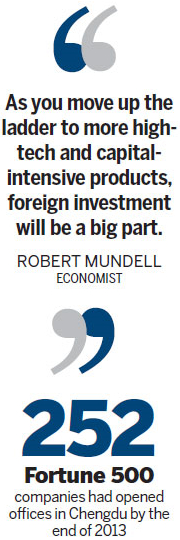
The three-day Global Fortune Forum saw at least 74 business deals with a combined value of more than 112 billion yuan signed between the city and Fortune 500 companies or large multinationals.
Of them were 12 major projects worth a combined 25.6 billion yuan.
The entrepreneurs' convention saw the signing of 241 business deals worth a total of 132 billion yuan.
More than 10 companies owned by overseas Chinese signed agreements for a combined 6.3 billion yuan investment in Jinjiang district, one of the most prosperous financial districts in the city.
The municipal government plans to get another 20 Fortune 500 or multinational companies to bring foreign investment in actual use to $10 billion.
Cheaper labor and booming foreign investment are the key strengths for China's western business center, Nobel Prize-winning economist Robert Mundell said during last year's Global Fortune Forum.
Mundell said the inland economic hub should exploit its comparative strengths to benefit from economic globalization.
"As you move up the ladder to more high-tech and capital-intensive products, foreign investment will be a big part," he said, adding it simultaneously brings capital, technology and market access.
The city now has more than 70 international air routes, the most among all the cities in western China.
In April 2013, the Chengdu-Europe express railway started running.
The route from Chengdu to Lodz in central Poland is 9,826 km long and takes 14 days.
After the goods arrive in Poland, they can be delivered to other countries in Europe in one or two days.
Last September, the city began offering a 72-hour visa-free stay for foreign visitors.
It also developed collaborative relations with 54 cities around the world. There are now 17 foreign commercial organizations in the city.
Contact the writers at fuchao@chinadaily.com.cn and liyu@chinadaily.com.cn
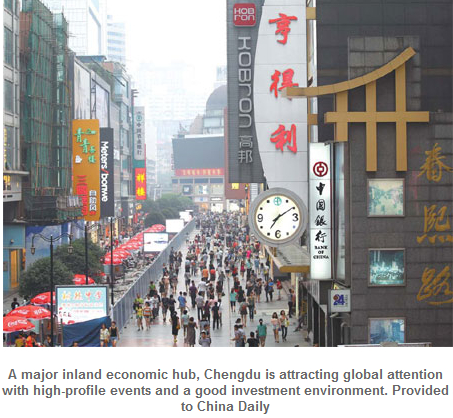
Hot Topics
moon rover air defense identification zone CPC and reform China and Japan air pollution Cameron in China
Editor's Picks
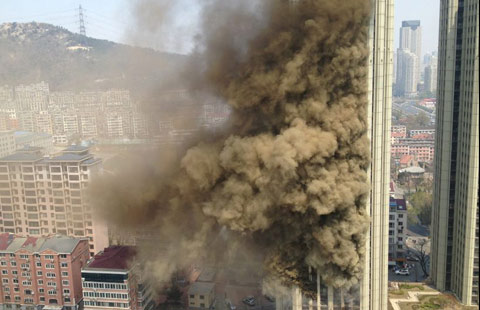
|
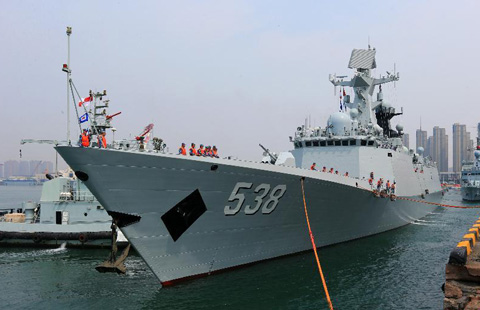
|

|
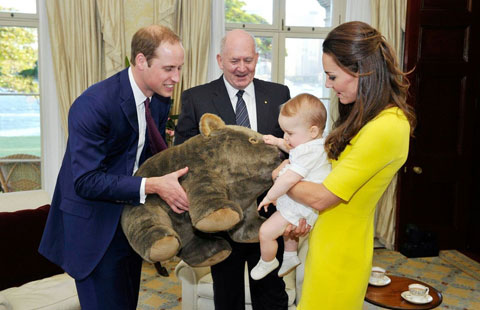
|

|

|


